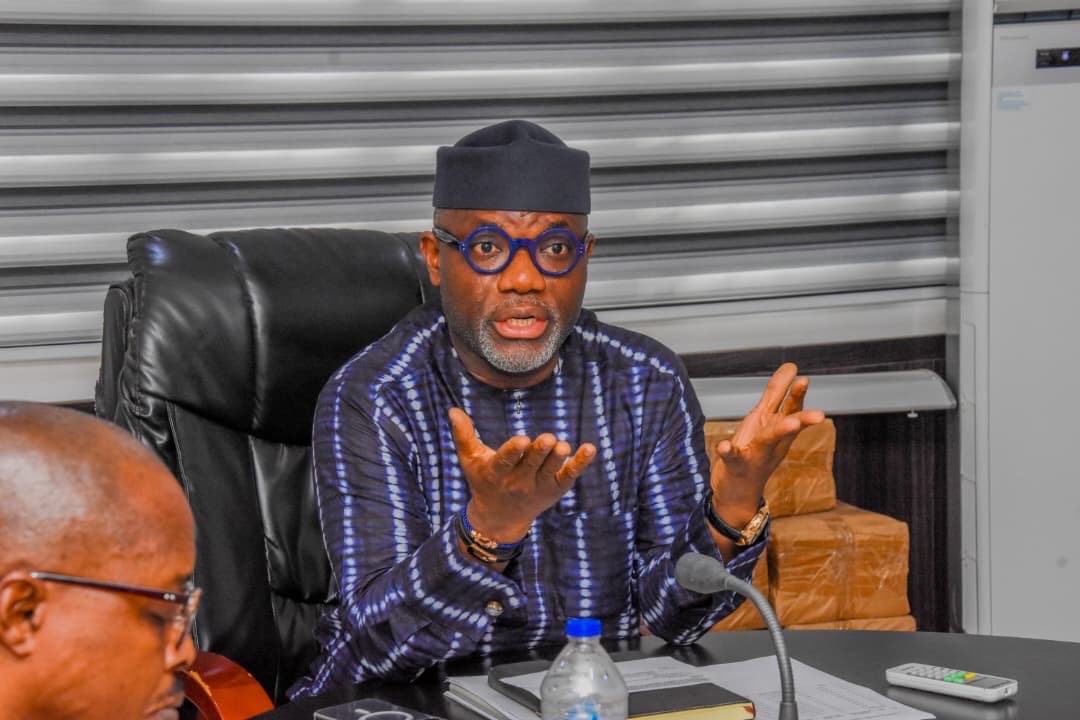

The Nigerian Naira experienced a slight depreciation in the parallel market yesterday, trading at N1,502 per dollar compared to N1,500 per dollar on Monday. However, in the Nigerian Foreign Exchange Market (NFEM), the Naira showed a marginal appreciation, closing at N1,501.5 per dollar, according to data released by the Central Bank of Nigeria (CBN).
The CBN’s data revealed that the indicative exchange rate for the Naira in the NFEM improved by N2.5, dropping from N1,504 per dollar on Monday to N1,501.5 per dollar on Tuesday. This development narrowed the gap between the parallel market and the official market rates to 50 kobo per dollar, down from N4 per dollar the previous day.
Parallel Market vs. Official Market Dynamics
The parallel market, often referred to as the black market, is where currencies are traded unofficially, typically at rates higher than the official market. The NFEM, on the other hand, is the official platform for foreign exchange transactions, regulated by the CBN. The narrowing margin between the two markets suggests a gradual convergence of exchange rates, which could indicate improved liquidity and stability in the foreign exchange market.
Factors Influencing the Naira’s Performance
The depreciation in the parallel market and the slight appreciation in the official market reflect the ongoing challenges and fluctuations in Nigeria’s foreign exchange landscape. Several factors contribute to these dynamics, including:
- Foreign Exchange Supply: Limited supply of foreign currency, particularly the US dollar, continues to exert pressure on the Naira. Despite efforts by the CBN to boost liquidity, demand for dollars remains high, driven by importers, manufacturers, and individuals seeking foreign currency for various transactions.
- Oil Revenue: As an oil-dependent economy, Nigeria’s foreign exchange earnings are heavily influenced by global oil prices and production levels. Any disruptions in oil production or fluctuations in international oil prices can impact the country’s ability to generate sufficient foreign exchange reserves.
- Investor Confidence: Investor confidence in the Nigerian economy plays a crucial role in determining the stability of the Naira. Positive economic policies, improved security, and political stability can attract foreign investments, thereby boosting foreign exchange reserves and strengthening the Naira.
- CBN Interventions: The Central Bank of Nigeria has implemented various measures to stabilize the Naira, including periodic interventions in the foreign exchange market and the introduction of policies aimed at curbing speculative activities. These interventions have had mixed results, with the Naira experiencing periods of stability followed by depreciation.
Implications for the Economy
The fluctuating exchange rates have significant implications for Nigeria’s economy. A weaker Naira increases the cost of imported goods and services, leading to higher inflation and reduced purchasing power for consumers. It also raises the cost of doing business for companies that rely on imported raw materials and equipment, potentially stifling economic growth.
On the other hand, a stronger Naira can boost investor confidence, reduce inflation, and lower the cost of imports. However, achieving a stable and sustainable exchange rate requires addressing the underlying structural issues in the economy, such as diversifying revenue sources, improving foreign exchange reserves, and implementing sound economic policies.
Looking Ahead
As the CBN continues to implement measures to stabilize the Naira, stakeholders are hopeful that the gap between the parallel market and the official market rates will continue to narrow. This convergence could signal improved confidence in the Naira and a more stable foreign exchange market.
In the meantime, businesses and individuals are advised to monitor exchange rate trends closely and adopt strategies to mitigate the impact of currency fluctuations on their operations and finances. The Nigerian government and the CBN must also remain committed to implementing policies that promote economic stability, attract foreign investments, and ensure sustainable growth.
The slight appreciation of the Naira in the official market is a positive development, but sustained efforts are needed to address the challenges in the foreign exchange market and achieve long-term stability for the Nigerian currency.





















